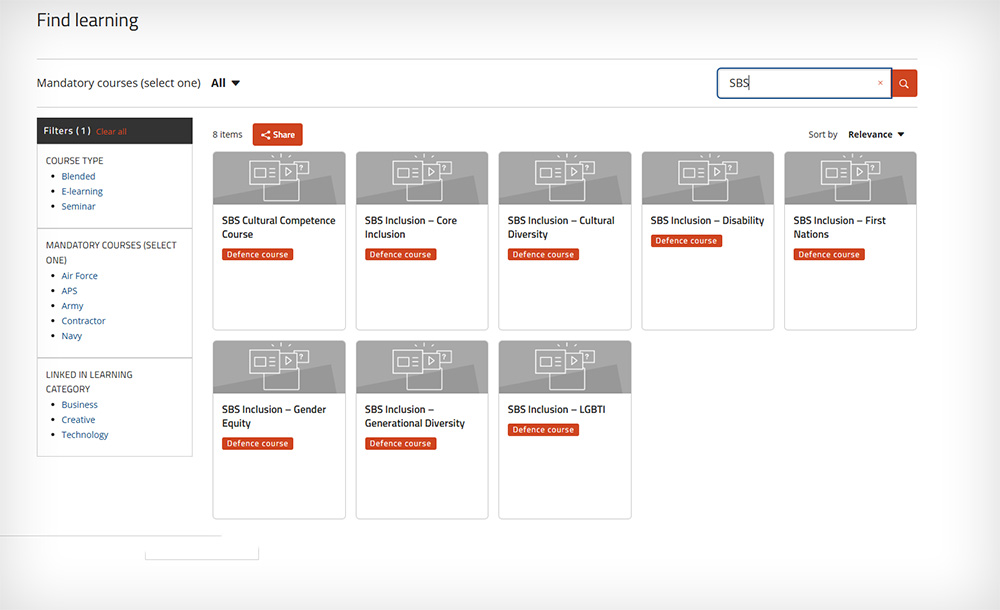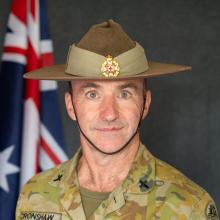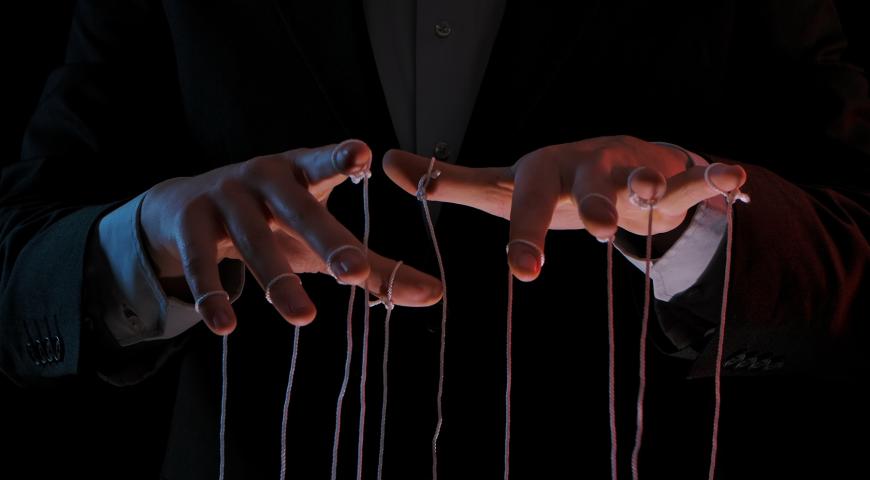Introduction
SBS Inclusion courses, available to Defence members via LXP, are excellent multimedia resources for understanding diversity—covering First Nations, LGBTIQ+, gender, disability, culture, and generations.
There was a time I dismissed things like gender equality and gay rights as PC-nonsense. What changed me was listening to people different from myself. As a white, middle-class, university-educated, able-bodied, heterosexual, Christian male, I’d never experienced discrimination. But friends and colleagues have helped me understand the challenges others face.
‘Inclusion’ isn't just a modern Defence initiative. We have a proud history—from Indigenous soldiers serving before they were recognised as citizens, to women leading change through wartime service. There’s more to do, but respect has always been central to who we are.
Respect means creating a culture where everyone feels safe and valued—whether it’s allowing religious dress, supporting gender identity, or standing up against bias. For me, taking the SBS Inclusion courses was a chance to keep learning and doing better.
The Core Inclusion course
The Core Inclusion course helped remind me of how I can help colleagues from diverse communities be included. This underlined how important inclusion is in teamwork, and how my unconscious biases and assumptions can affect how I relate to others.
The First Nations Course
The First Nations Course helped me learn more about the diversity of Aboriginal and Torres Strait Islander peoples, including how I know more American Indian tribal names than my own country’s! I had begun to understand how important family and kinship is in Aboriginal and Torres Strait Islander cultures, how traumatic the Stolen Generations was, and what the Uluru Statement from the Heart was about. But hearing the videoed stories helped take me to a deeper level.
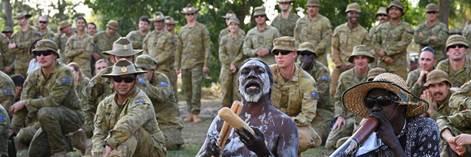
The LGBTIQ+ course
The LGBTIQ+ course gave me greater empathy to the challenge of coming out and educated me about policies and language including gender diversity.
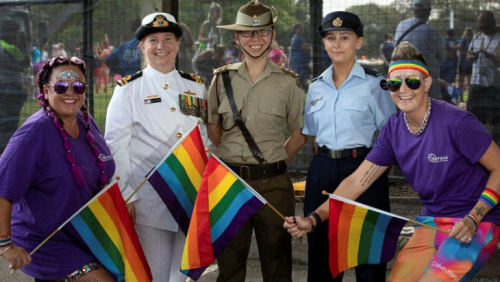
The Gender Equity Course
The Gender Equity Course covered ideas that have been discussed for decades but reminded me of the shortfalls of inequality in rates of gender-based crimes of aggression, harassment, education, politics, finance, promotions and leadership.
The Disability course
The Disability course surprised me that people with a disability make up nearly a fifth of the Australian population. Many jobs in Defence may not be open to people with certain physical disabilities. But we all work with people with neurodiversity and mental health challenges that call for empathy and understanding.
The Generational Diversity course
The Generational Diversity course may seem less relevant to an organisation that is predominantly young and that retires people compulsorily at 60 (or 65). Yet we need to understand the different generations who work together, and in future may need to adjust our assumptions about older workers for the sake of retention and workforce growth, and certainly veteran wellbeing.
The Cultural Diversity course
The Cultural Diversity course and its associated Cultural Atlas helped enrich my appreciation for the cultural and religious mosaic that Australia has, and that increasingly Defence is reflecting. Cultural Intelligence (CQ) is especially important given the international engagement that is intrinsic to our work.
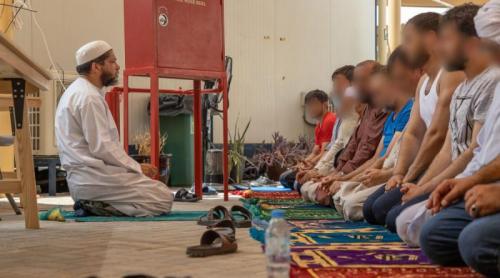
The Cultural Competence Course
The Cultural Competence Course delves deeper into cultural differences and cross-cultural communication relevant for a culturally diverse Australia or working in international engagement in other contexts.
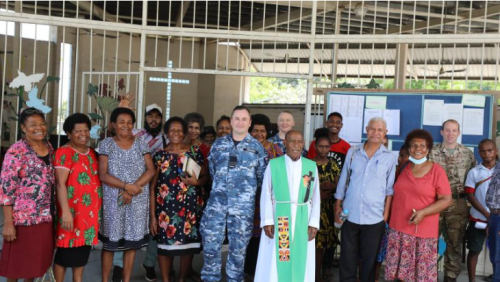
Conclusion
SBS Inclusion courses are not mandatory training and neither should they be. You could pick one course or do all eight. You could spend 20 minutes or up to 4 hours on different courses. They all offer helpful definitions and frameworks, exercises and best of all insightful videoed stories that will enhance your teamwork and leadership. They will never replace the value of talking to people you know who are different, about what life is like for them. But the SBS courses are highly recommended for anyone who wants to give greater attention to moving beyond the rhetoric of ADF values to embodying them in practice – especially with authentic respect for others who deserve to be treated with dignity.
Social Mastery
Beyond PC to Authentic Respect: Review of SBS Inclusion courses © 2025 by . This work is licensed under CC BY-NC-ND![]()
![]()
![]()
![]()
Please let us know if you have discovered an issue with the content on this page.
Comments
Start the conversation by sharing your thoughts! Please login to comment. If you don't yet have an account registration is quick and easy.
